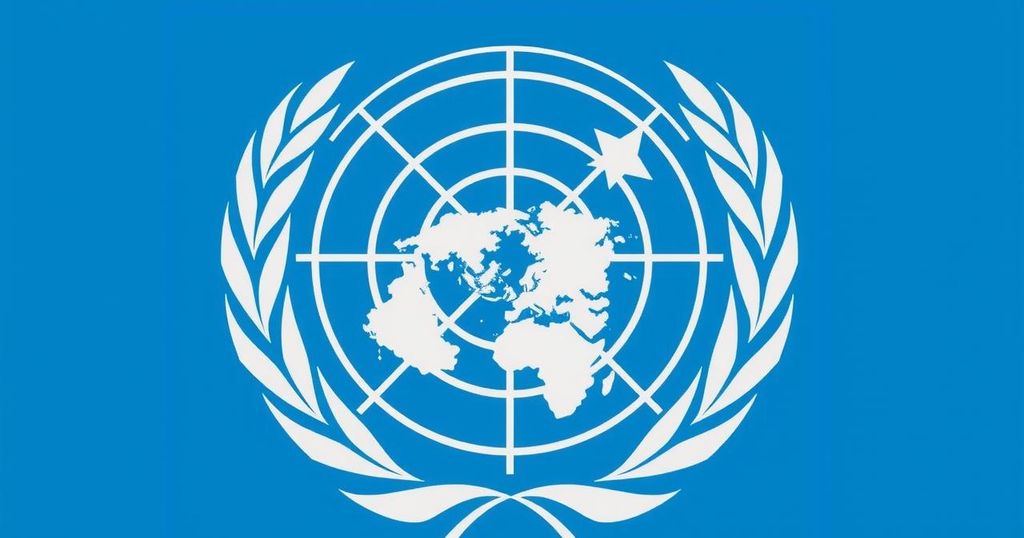Countries at the UN COP29 Climate Summit are under pressure as they enter the final day of negotiations without a financial deal. Wealthy nations are criticized for failing to provide necessary financial commitments to developing countries, which are vital for adapting to climate change impacts. The discussions also faced challenges regarding a transition away from fossil fuels, with leaders emphasizing the need for urgent and substantive commitments.
Countries attending the United Nations Climate Summit are facing increased pressure as they enter the final day of talks without reaching a significant financial agreement. The focus of COP29 has been on climate finance, specifically the obligation of wealthier nations to provide monetary support to developing countries, allowing them to cope with the damages of climate change. Despite a need for over $1 trillion, the draft proposals released after nearly two weeks of negotiations angered many, as they failed to include specific financial commitments.
Many delegates expressed frustration over the lack of transparency regarding financial contributions. Juan Carlos Monterrey Gomez from Panama remarked that the absence of clear financial figures felt like “a slap in the face” to vulnerable countries, underscoring the disrespect these nations feel from wealthier states. Similarly, Esa Ainuu of Niue emphasized the urgency of financial support for Pacific Island nations facing existential threats due to climate change, stating, “We can’t escape to the desert. We can’t escape somewhere else.”
Discussions also included commitments to reduce fossil fuel usage and better adapt to climate impacts; however, there was minimal progress made in these areas. European leaders and the United States criticized the current proposals, arguing that they did not adequately push for necessary transitions from fossil fuels. Jennifer Morgan, head of the German delegation, noted that the proposed text “offers no progress.” U.S. climate envoy John Podesta expressed surprise at the lack of continuity from previous agreements, particularly as the United States prepares for a shift in its presidency.
The COP29 climate summit in Baku, Azerbaijan, has been crucial as nations negotiate financial commitments necessary for tackling climate change challenges, particularly for developing countries adversely affected by extreme weather. Historically, a notable gap exists in commitments from wealthier nations to financially support their developing counterparts, which is essential for addressing the mounting damages and facilitating a transition to cleaner energy. The urgency for a robust financial deal underscores the summit’s significance amid rising global temperatures and extreme environmental events.
As COP29 progresses toward its conclusion, the lack of a financial agreement remains a source of discontent among vulnerable nations who are becoming increasingly frustrated by the absence of clear financial commitments. Without substantive financial support, achieving broader climate goals, including transitioning away from fossil fuels, appears increasingly challenging. The call for transparency and quantifiable commitments from wealthier nations is imperative to foster cooperation and effective climate action going forward.
Original Source: apnews.com






